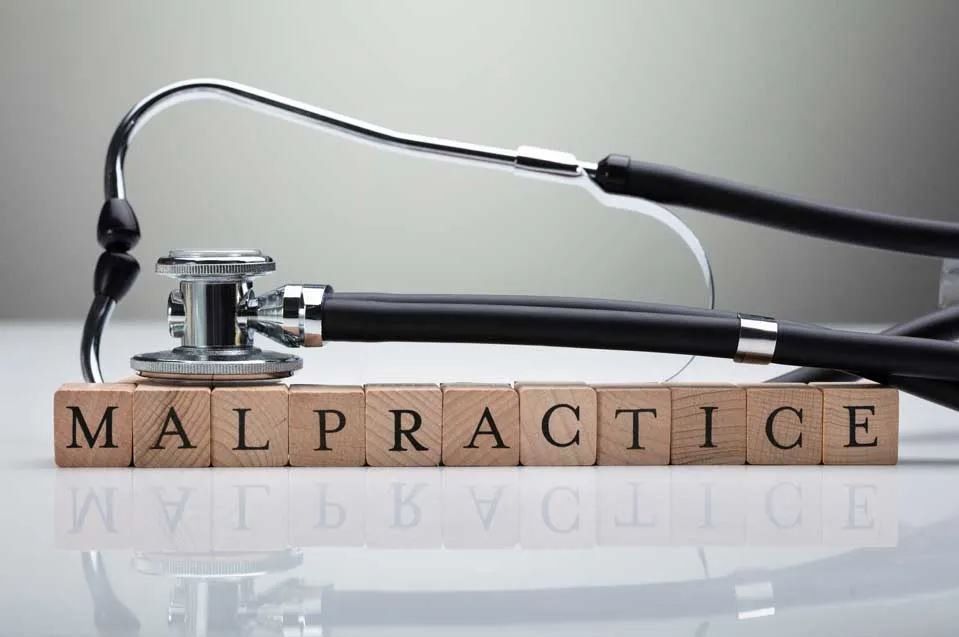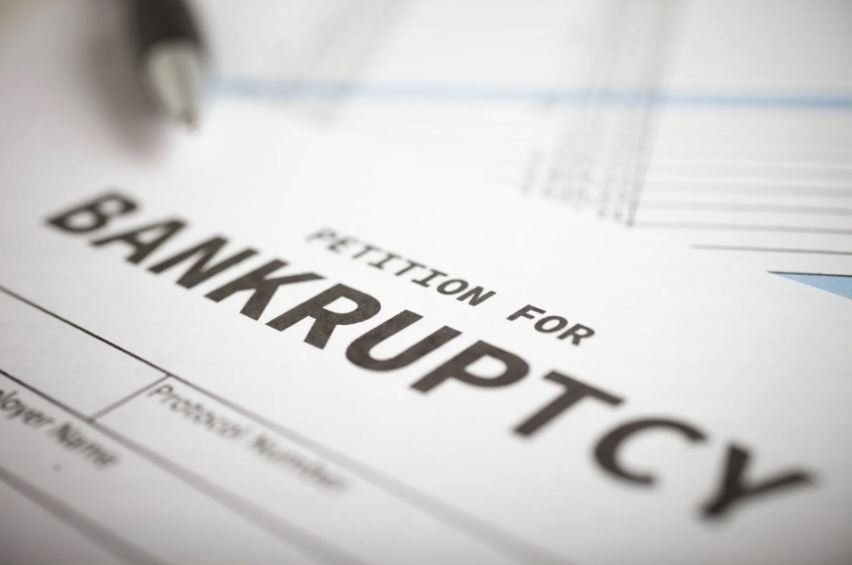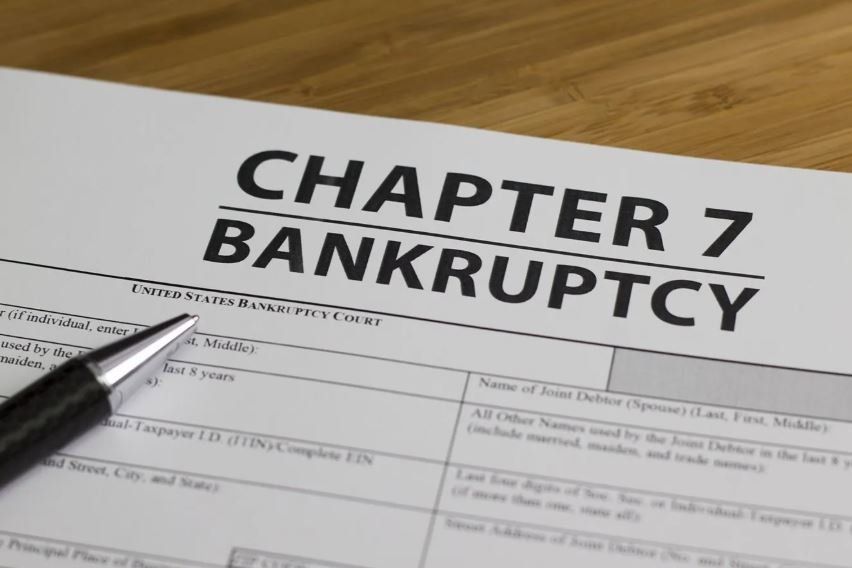When Can a Landlord Legally Evict a Tenant?
Admin • May 1, 2020
Renting property is a great investment, but if the tenant doesn't respect you, the property or the lease, it can become a huge, expensive headache. If you own rental property, and you have some problematic tenants, check out these four reasons you can start eviction proceedings.
1. Violation of the Lease Agreement
When a tenant signs a lease, they agree to certain rules. For example, a lease may prevent the tenant from having any dogs or cats in the house. If the tenant ends up adopting a cat or dog, they've violated the lease agreement. In most cases, however, it needs to be a more serious violation before the tenant can be evicted.
In the above example, adopting one pet probably won't lead to an eviction. However, if the tenant suddenly decides to start fostering animals, you may be able to start eviction proceedings because a lot of animals can drastically damage the property.
Similarly, small violations can lead to eviction if the tenant keeps doing it. With the pet example, if you approve the single pet, but your tenant decides to adopt another pet without telling you, this shows a pattern, and patterns of violations can often be used as grounds for legal eviction.
2. Damage to property
Wear and tear is a part of life. Therefore, if your rental property has carpet, it will get dirty, especially in high traffic areas. Normal wear and tear does not include lots of stains, tears in the carpet, or missing carpet. Wear and tear is not enough for eviction, but if the tenant actively causes damage, you can usually start eviction proceedings.
In most cases, a single stain or broken window isn't enough for eviction, but if the tenant purposely or drastically destroys your property, you may have a case for eviction. For example, if the tenant kept letting their dog tear at the carpet, soil the carpet, etc. you may be able to evict, especially if the behavior continues after warnings.
3. Illegal Drug Activity
As the landlord, you may be held liable if someone is selling or producing drugs on your property. Similarly, if someone gets hurt because of the drug activity, they may be able to sue you. For this reason, you should always evict someone who is doing anything with illegal drugs on your property.
You are allowed to check the property, but you have to give notice, which gives the tenants time to hide any proof of illegal drug activity. Therefore, you need to watch for other signs of drug activity, such as lots of visitors day and night, strange odors, and high utility usage.
4. Failure to Pay Rent
When a tenant is late with their rent payment, you usually have to give them a short grace period. As long as they pay the full amount before the grace period ends, you can't terminate their lease or start eviction proceedings. However, if they don't pay within the grace period, or they don't pay the full amount, you can typically terminate their lease, which is the first step in starting eviction.
If a tenant continues to pay the rent late (but within the grace period), most landlords can terminate the contract. However, local laws dictate how many chances you have to give the tenant before you can evict. For this reason, you need to have clear records of all tenants' payments, late or on-time.
Even if you have valid reason to evict the tenant, you can't just make them leave overnight. These reasons only allow you to start the eviction process, which can be tricky. If you need help, or you want more information regarding eviction, contact us
at POOLE William C. Poole, LLC.
The medical care you receive during your pregnancy affects your baby's health. Medical malpractice during pregnancy can harm the baby. Learn more here.
Do you want to know what will happen to your investments if you declare bankruptcy? Use this short guide to investment types and bankruptcy results.
If you've encountered harm due to a medication you took, you may want to consider filing a lawsuit. Read our blog to learn more about when you should file.






